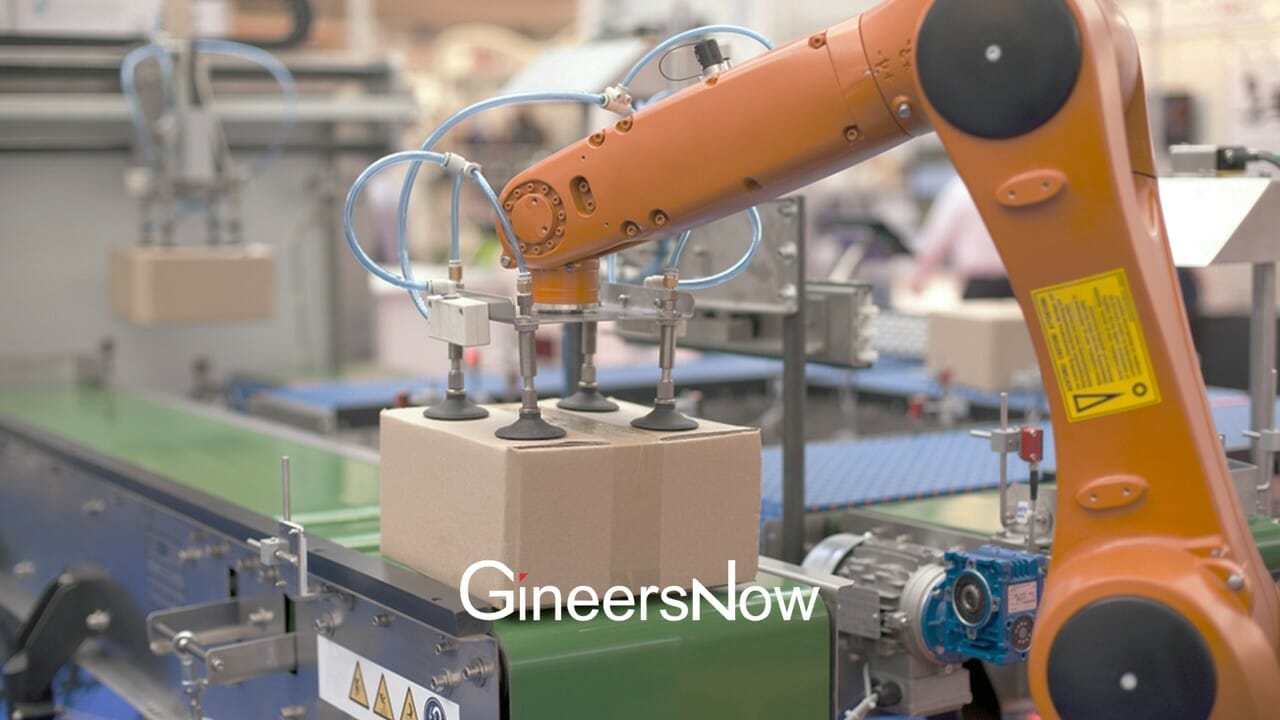Let’s admit it, an engineering career can be stressful and take your time away from your family. A career in engineering can be both rewarding and stressful. As an engineer, you are responsible for designing and developing products or systems that meet your company’s or client’s needs. This can be a lot of pressure, especially if you are working on a tight deadline. In this blog post, we will explore ten reasons why a career in engineering is so stressful. We will also provide some solutions that you can use to reduce stress in your life.
Why Engineering Career Can Be Stressful?
An engineering career can be stressful for many reasons. Here are the top 10 reasons:
1. Tight Deadlines
Most jobs have deadlines, but in engineering, those deadlines can be crucial to the success of a project or even someone’s safety. Missing a deadline can result in major consequences. For example, a missed deadline in the automotive industry could mean a delay in production, leading to lost profits. In the aerospace industry, a missed deadline could mean delaying a launch and putting lives at risk. One way to prevent missing a deadline is to make a detailed plan and schedule for the project, including built-in time for problem-solving and unexpected challenges.
2. Pressure To Perform
Engineers are expected to solve complex problems and find innovative solutions. This pressure can be intense, especially in industries with high stakes or fast-paced environments. One way to manage this pressure is to prioritize self-care and make time for relaxation and stress relief. Taking breaks, exercising, and practicing mindfulness can help improve focus and decision-making skills. The pressure to perform can significantly affect individuals in all industries, so it’s important to have a support system in place and speak up when feeling overwhelmed.

3. Perfectionism
Because of the importance placed on their work, engineers may feel pressure to strive for perfection. While it’s important to do thorough work and check for errors, it’s also important to set realistic expectations and prioritize progress over perfection. Adopting a growth mindset and understanding that mistakes are part of the learning process can help mitigate this pressure. However, perfectionism can also lead to procrastination, so breaking down tasks and setting manageable goals can help keep progress on track.
4. Working Long Hours
In addition to tight deadlines, engineers may have to work long hours to meet project requirements. This can lead to burnout and negatively impact personal relationships and well-being. Setting boundaries and making a schedule that allows for breaks and time off can help prevent burnout. Another way to prevent burnout is to ensure that you’re getting enough rest at night. Delta 9 Gummies are a natural, relaxing sleep aid that will ensure you’re well-rested and ready to tackle your work the next day. It’s also important to communicate with teammates and managers about workloads, delegate tasks, and ask for help when needed.
5. Financial Stress
Engineering is a high-paying career, but the cost of education and certification can also be expensive. In addition, the fast-paced and competitive nature of the industry may lead to financial stress as individuals feel pressure to constantly upgrade their skills and stay current with technology. One way to alleviate this stress is to budget carefully and prioritize saving for emergency funds and retirement. It’s also important to find a job with a salary and benefits that meet your needs rather than constantly chasing higher pay without considering overall job satisfaction.
6. Risk Of Injury
Some engineering jobs involve working with heavy machinery or in hazardous environments, leading to a higher risk of injury. As an engineer, if you are working on-site, you need to ensure that you receive the necessary PPE to prevent accidents. Following safety procedures and using the proper equipment can help prevent accidents. It’s also important to speak up if you feel unsafe or notice any potential hazards on a worksite. Risk assessments should always be completed before starting a project, and any necessary measures should be taken to ensure the safety of all individuals involved.
7. Legal And Ethical Responsibilities
Engineers are responsible for ensuring their designs and projects meet legal requirements and ethical standards. This can add stress as individuals may fear making a mistake that could have serious consequences. Staying informed about industry regulations and best practices can help prevent legal issues. It’s also important to consult with colleagues, discuss potential concerns, and ensure all team members are on the same page before moving forward with a project.
8. Competition
The engineering industry is competitive, with a limited number of job openings and many qualified individuals vying for positions. This can lead to stress as individuals may feel pressure to constantly prove their worth and surpass their peers. Finding ways to stand out, such as by gaining specialized skills or participating in professional development opportunities, can help with career advancement. It’s also important to focus on your own journey and growth rather than constantly comparing yourself to others.
9. Interpersonal Conflict
Collaboration is a key part of engineering, as projects often involve working with a team and liaising with clients or other professionals. This can lead to interpersonal conflicts and added stress. Strong communication skills and the ability to compromise are essential for resolving conflicts and maintaining positive relationships. It’s also important to set boundaries and address any issues promptly rather than letting them fester and potentially impact project success.
10. Work-Life Balance
The demanding nature of engineering can make it difficult to maintain a healthy work-life balance. It’s helpful to set boundaries with work, such as not checking emails outside of office hours or learning to say no to additional tasks if you are already feeling overwhelmed. Finding a job with flexible scheduling options or using vacation days to take breaks can also help reduce stress and promote overall well-being.
Overall, while engineering can be a stressful field, it can also be incredibly rewarding. By being proactive about managing stress, prioritizing self-care, and staying informed about industry standards, you can thrive as an engineer despite any challenges that may arise. If you are feeling stressed out, remember that you are not alone. There are many people who share your experience and who understand what you are going through. Seek out support from your family, friends, and colleagues when needed, and take care of yourself both physically and mentally. Taking some drastic steps now can pay off in the long run and lead to a more fulfilling and successful career in engineering.














